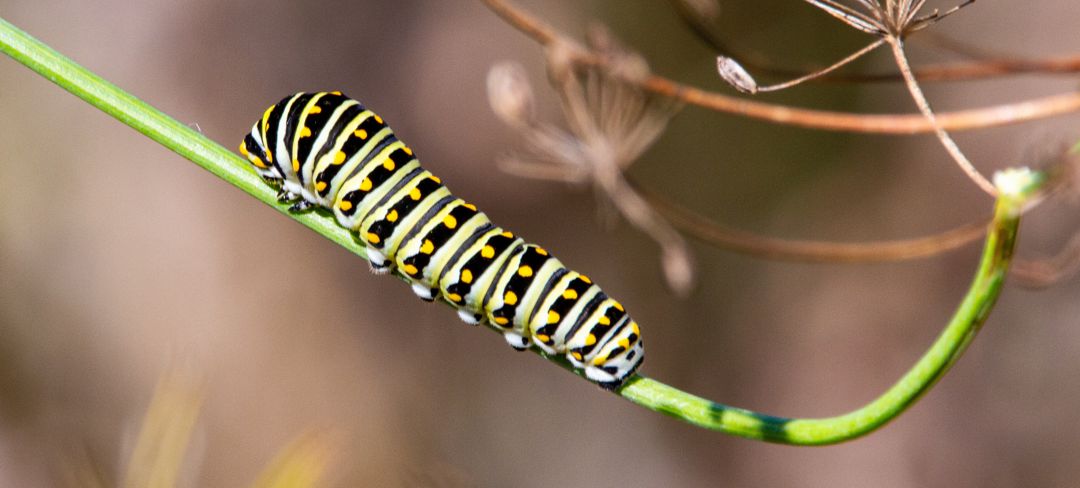
Pollinators carry pollen from the male part of a plant (the stamen) to the female part (the stigma) of the same or another plant. The pollinator family is full of many amazing creatures that not only make your garden happy, but Mother Earth happy. Thank you for taking the time to learn more about pollinators. Let’s celebrate their role in our ecosystem by focusing on what you will want to plant in your garden to attract these important planet warriors.
A great resource is The Nature Conservancy’s 2020 article Planting for Pollinators. Depending on what you want to attract to your garden, will dictate what you want to plant. For example, bees like marigolds; while butterflies prefer lilacs; and hummingbirds come for the honeysuckles. Even bats are intrigued by growing things, and they like night-blooming flowers that really come through in the dark, like a moonflower or yucca.
A few key points to remember when it comes to keeping in mind how powerful our pollinator friends are and how to keep them healthy and happy:
- Due to many people viewing bees as a threat, bees are losing their homes and having to relocate and find a new source of food. It is important that we work extra hard to protect our small, black and yellow friends, who work very hard for us. First off, be an ambassador for bees and educate the next generation. By planting a bee garden, putting up a tree for bees, set up a bee bath; add your own creative flair to it! (The Bee Conservancy)
- Remember that for every third bite of food we eat, we have honey bees, wild bees and other pollinators to thank (Greenpeace Instagram)
- When growing a garden, please avoid using bee-killing chemicals; they affect other species as well. So go chemical free, avoid synthetic pesticides. Look into a compost, it provides a healthy living environment for beneficial insects (ex. Ladybugs and Praying Mantis) that keep pests away. (The Bee Conservancy)
- Few people are aware that native pollinators—including butterflies, bees, hummingbirds, moths and bats—also pollinate food crops, as well as more than 75% of the world’s flowering plants. (The Nature Conservancy – Planting for Pollinators)
- Want to truly support the work of protecting our pollinators? Discover the work of the Pollinator Partnership by listening to our 2014 podcast: Time to Bee Smart
2020 was an unprecedented year for the world; but it allowed us to get back in touch with nature, and to appreciate what she has to offer. Nature got a “reset button” and had some time to heal. Sometimes, we need somewhere to take a break and hit pause. And wouldn’t it be wonderful if this place was in your own backyard? A garden can offer an escape from what is going on and provide a peace that you didn’t have before. Go and make a garden and continue to help promote the grace and beauty that is nature!
 Amy Euler was born and raised in Tucson, Arizona, and has always beat to her own drum! She went to the University of Arizona, Race Track Industry Program; equine path for goodness sake! Passionate about learning new things, Amy likes to experience anything new; culture, tradition, religion, etc.
Amy Euler was born and raised in Tucson, Arizona, and has always beat to her own drum! She went to the University of Arizona, Race Track Industry Program; equine path for goodness sake! Passionate about learning new things, Amy likes to experience anything new; culture, tradition, religion, etc.